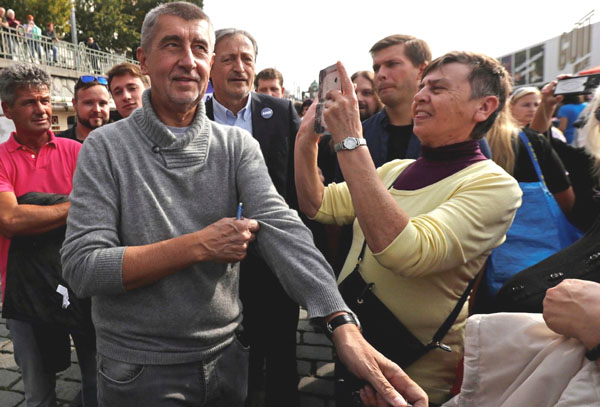
Russia’s foreign policy has sparked concern across Europe [Getty]
RUSSIA and Europe are moving closer to all-out war, a shocking new report has warned.
The report said the erosion of arms control agreements, deployment of additional weapons and tensions over military exercises have increased the risk of an inadvertent armed clash.
The annual Munich Security Report, this year entitled ‘To The Brink – And Back?’ also cited growing pressure on nuclear disarmament treaties and ongoing security concerns in eastern and central Europe as cause for concern. Continue reading










